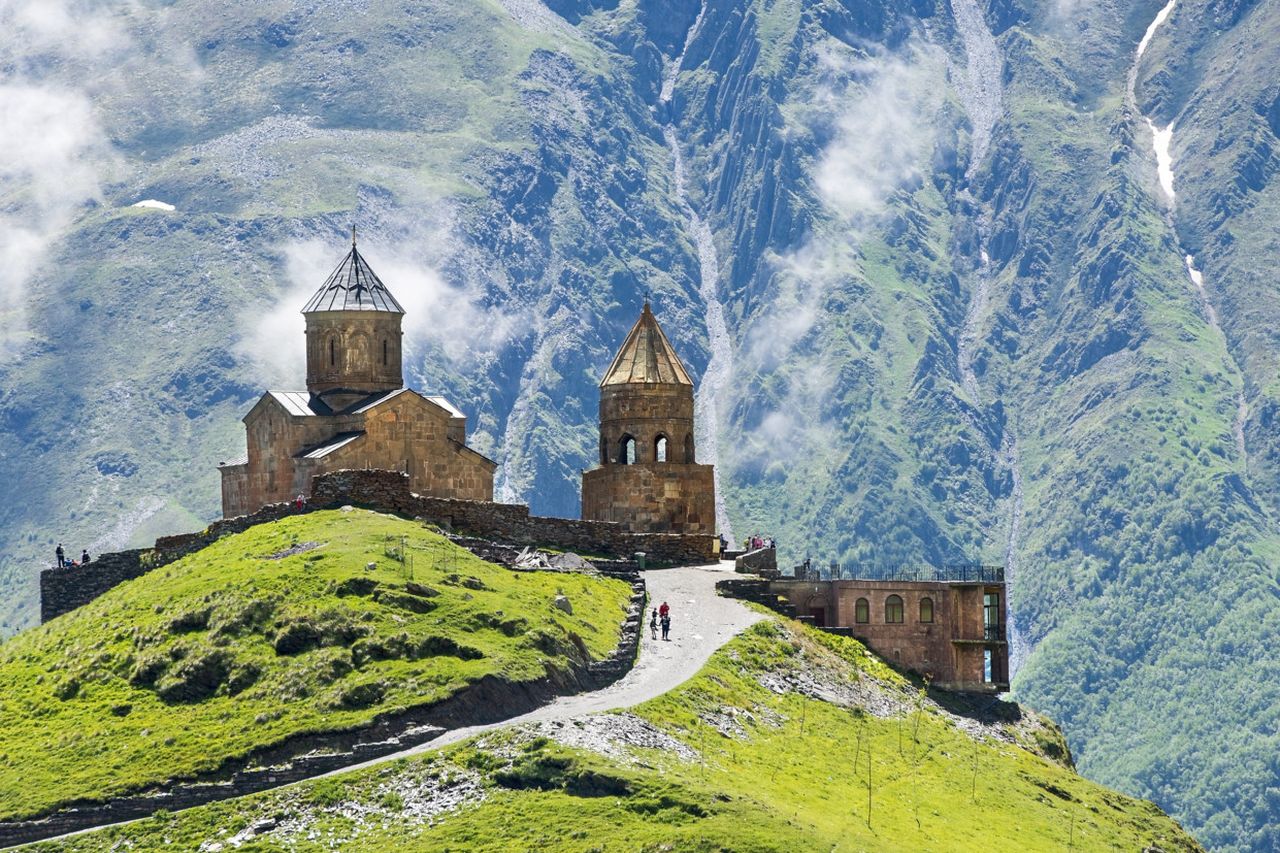My Favorite Cities in Europe to Live As an Expat
After leaving the U.S., I wasn’t chasing comfort—I was chasing clarity. I wanted affordable places that felt alive, that still had an edge. Cities where you can eat well, think deeply, and live slow without going broke. These three places—Tbilisi, Yerevan, and Tirana—rose to the top not because they’re flashy, but because they’re real, affordable, safe, and mellow. They’re not overrun by influencers or price-gouged by digital nomads looking for the next Bali. These cities have grit, history, art, and just enough chaos to keep your blood moving. And for a solo traveler from the U.S., they offer something that’s hard to find back home: space to breathe and time to live.
Tbilisi, Georgia
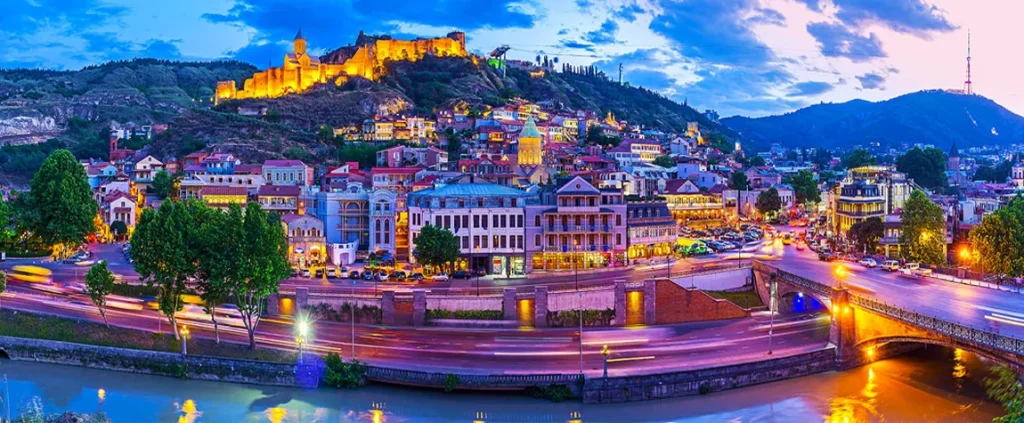
Tbilisi is one of those places that pulls you in sideways. It doesn’t try to impress you, and that’s exactly why it does. Nestled in the Caucasus Mountains, this city blends Eastern Europe, the Middle East, and old Soviet ghosts into something entirely its own. The old town is a maze of leaning balconies, street cats, and sulfur bathhouses that smell like the earth cracked open. There’s wine everywhere—homemade, unfiltered, served with a wink. Georgians take pride in their hospitality, and they’ll treat you like family before they even know your last name.
As a U.S. expat, Georgia is an absolute gift: visa-free entry for a full year, with the option to stay longer if you want. Cost of living is a fraction of what you’d pay in the States. A good apartment can cost under $500, and dinner out might run you $6—if you splurge. Internet is fast, public transport works, and the creative scene is growing fast: artists, writers, musicians all carving something new out of the old.
But more than that, Tbilisi has soul. The city feels worn-in, like your favorite jacket. Life here is slower, stranger, and far more poetic than anything back in the grind of American life. You don’t move to Tbilisi for Instagram. You move here to get your head on straight.
Yerevan, Armenia
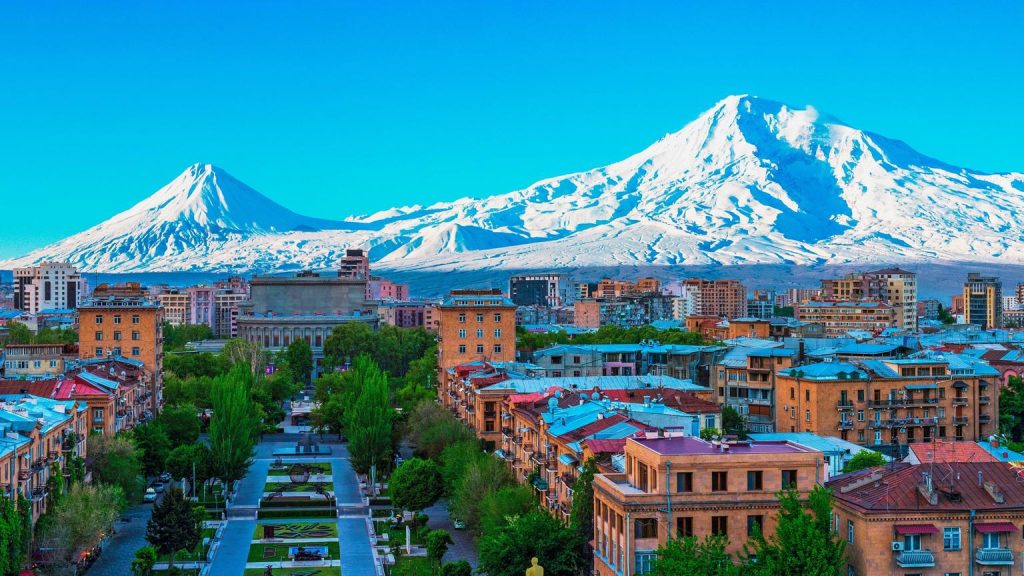
Yerevan hits you soft. It’s quieter than its neighbors, more reserved, but no less captivating. The city glows in the evening—literally—with its pink volcanic stone buildings soaking up the sunset and reflecting it back. Mount Ararat hangs on the horizon, ancient and immovable, watching over everything like a myth that never quite goes away. And you feel that history here—not just in the museums or churches, but in the way people walk, speak, and share their stories.
For Americans, Yerevan is a smooth landing. You can stay up to 180 days visa-free, and you’ll rarely feel like an outsider. English is widely spoken in the center, and the younger generation is well-educated and eager to connect. Rent is affordable, food is heavy and honest—lavash, grilled meats, eggplant dips—and the cafes are full of students and poets. This city runs on conversation and caffeine.
Yerevan doesn’t push you to perform. It lets you slow down, work from a cafe all afternoon, take a walk in the shadows of Soviet architecture, and just think. It’s a place for writers and thinkers. It gives you room to create, to reflect, and to heal.
Tirana, Albania
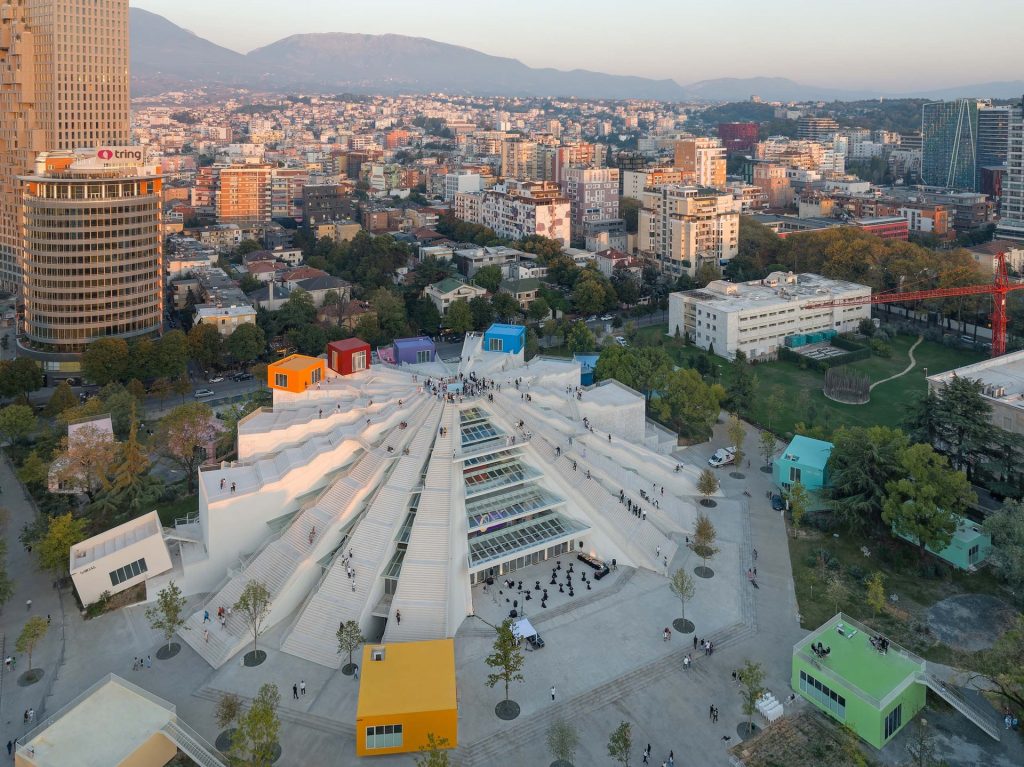
Tirana is like a punch that turns into a hug. It’s loud, fast, chaotic—but weirdly comforting. The buildings are painted like someone spilled a giant box of crayons over the city. Cars don’t follow rules, and neither do the people. But underneath the noise is something honest and wide open. Albanians know hardship, but they don’t carry it like a burden—they carry it like a badge. You’ll feel that toughness in every handshake, every café chat, every meal shared.
Here’s the kicker: Americans can stay for a full year visa-free. That’s rare, and it makes Tirana one of the most accessible cities in Europe for U.S. expats. And the cost of living? Incredibly low. You can eat fresh seafood, sip espresso in the sun, rent a decent apartment, and still spend less than you would just existing in a U.S. city. There’s a rough elegance here—construction cranes next to Ottoman bridges, rooftop bars over dusty alleyways.
Tirana is a city that’s still finding itself, and that’s exactly why it’s so appealing. You get to be part of the story. There’s space to build something—whether that’s a new life, a new business, or just a new version of yourself. If you’ve ever felt like the world was too loud and too scripted, Tirana gives you a chance to improvise.
Sofia, Bulgaria
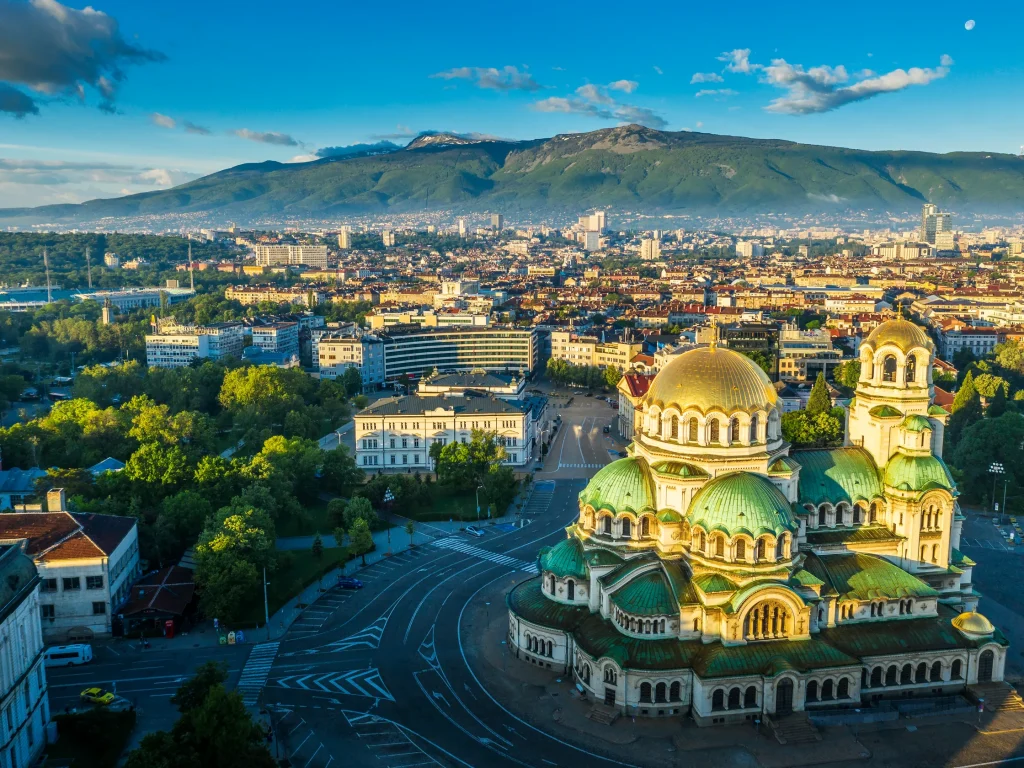
Sofia is quiet in a way that grows on you. It’s not trying to impress anyone, and that’s its charm. The city’s full of Soviet leftovers, crumbling churches, and unexpected green spaces. The food is hearty, the rakia is strong, and the prices are kind. A one-bedroom near the center goes for $400–$600. Cafés double as co-working spots. Locals are reserved at first, but warm once you crack the shell. It’s part East, part West, and still flying under the radar.
For expats who want Europe without the price tag or pretense, Sofia delivers. The rhythm of life here is slower than in Western capitals, with fewer tourists clogging the sidewalks and more room to just be. You can live comfortably on a modest income, sip espresso on leafy boulevards, and hop on a tram that feels like it’s time-traveled from 1983. There’s a sense of space in Sofia—emotional and physical—that many cities have long lost. It’s a city that gives more the longer you stay.
Skopje, North Macedonia
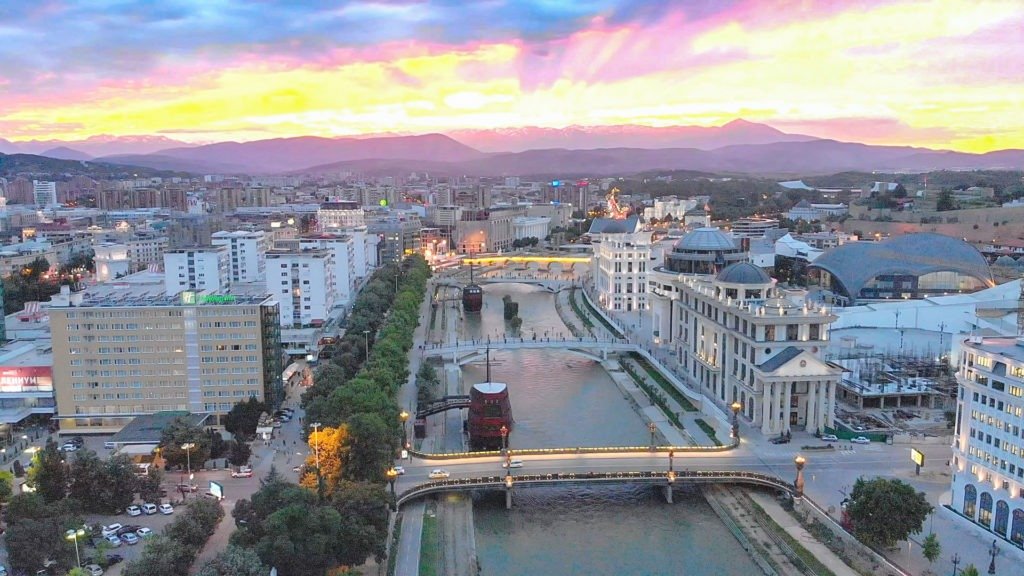
Skopje is weird—in the best way. Statues everywhere, bridges named after poets, and a giant fake Arc de Triomphe in the city center. It’s kitsch, chaotic, and strangely lovable. But beyond the bizarre downtown facade, you’ll find warm people, incredible mountain views, and a laid-back Balkan rhythm. Rents are still low—$300–$450 for a solid one-bedroom. Cafés spill into the streets, the food blends Turkish, Greek, and Slavic flavors, and the nightlife is surprisingly strong for a city this size. Americans can stay up to 90 days visa-free and then hop to neighboring countries. For expats craving affordability and character, Skopje delivers a strange kind of magic.
There’s something deeply endearing about how unapologetically itself the city is—no filters, no pretenses. Spend a week here and you’ll start to feel the rhythm: late mornings, strong coffee, long walks along the Vardar River, and a golden hour that bathes the city in a strange, dreamy glow. The surrounding mountains offer quiet escapes and hiking trails, and Matka Canyon, just outside the city, is a pocket of paradise with boat rides and monasteries tucked into cliffs. Life in Skopje feels like a secret too good to keep—underrated, underpriced, and ready to welcome those who don’t mind a little weirdness with their morning coffee.

